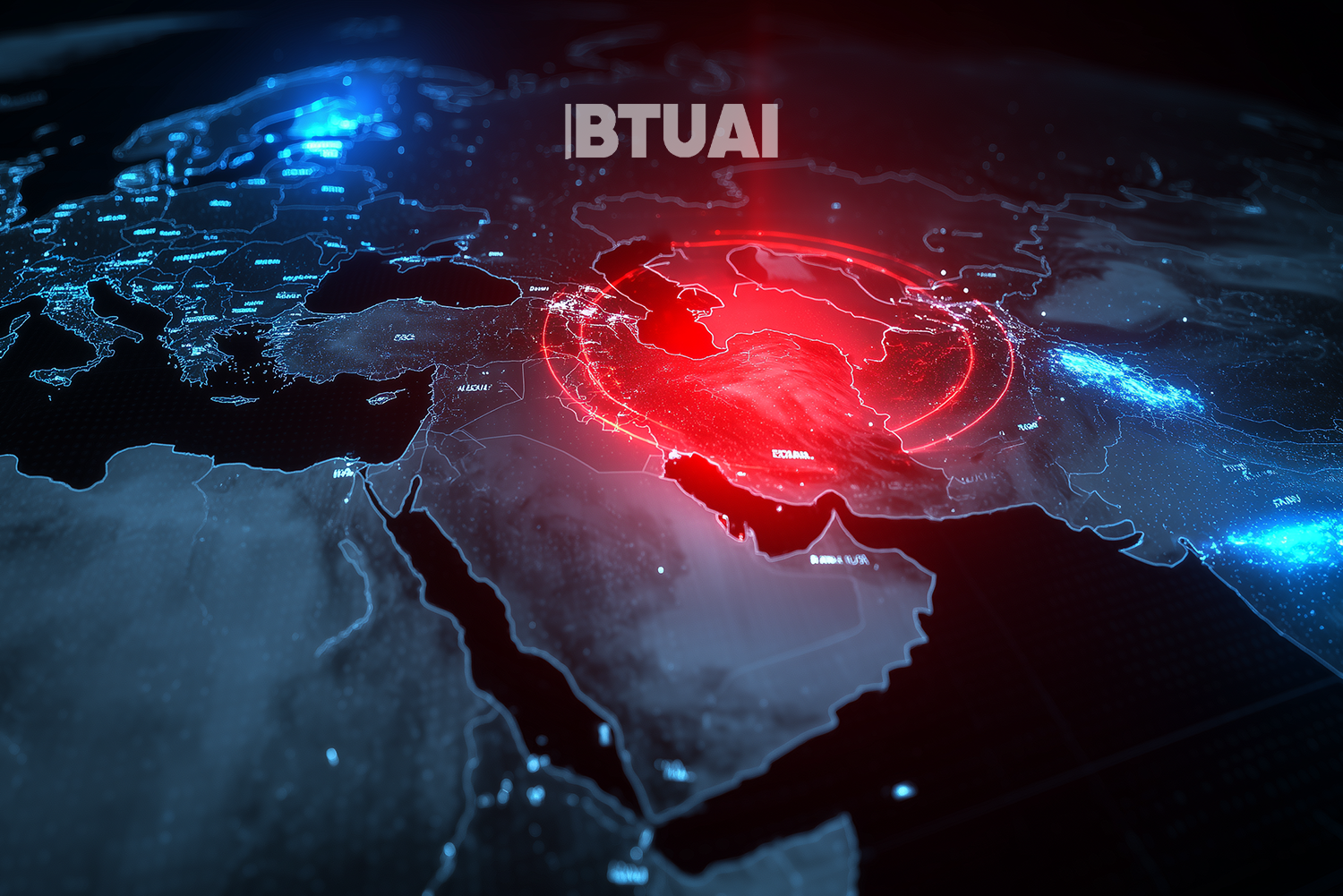Iran–Israel Crisis: What Could It Mean for Georgia?
The growing confrontation between Iran and Israel has become one of the most volatile geopolitical dynamics not only in

The growing confrontation between Iran and Israel has become one of the most volatile geopolitical dynamics not only in the Middle East but across the wider region. While global headlines have long focused on threats, diplomacy, and Iran’s nuclear ambitions, the situation escalated significantly in mid-June: Israel confirmed airstrikes on several Iranian nuclear sites, including facilities in Isfahan and Arak. This marks a clear transition from diplomatic standoff to active military conflict.
In the short term, Georgia is unlikely to experience direct damage, but the ripple effects are already visible. Energy prices are fluctuating, and the price of oil surged following the strikes. Since late 2024, global tensions have kept upward pressure on fuel prices, and the mid-2025 attacks further accelerated this trend. In Georgia, this could mean further increases in consumer fuel costs and inflationary pressure on transport and logistics.
At the same time, there’s renewed interest in alternative transit corridors. If maritime or land routes through Iran are disrupted, Central Asian countries like Kazakhstan may increasingly turn to Georgia as part of a bypass strategy. Yet such shifts do not lead to instant benefits — they require investment in infrastructure, enhanced security, and careful diplomacy to manage competing regional interests.
In the medium term, several scenarios could unfold. The ongoing airstrikes raise the real risk of broader regional warfare. Iran has long-standing ties with Armenia, and while it competes with Azerbaijan, Tehran’s actions will influence the entire South Caucasus. In this context, Georgia will face pressure to balance its Western strategic orientation with the realities of a destabilizing neighborhood.
A second scenario — previously considered more likely — involved a renewed nuclear deal and normalization between Iran and the West, including sanctions relief. However, with key nuclear sites now damaged and tensions rising, this option seems increasingly out of reach in the short run. Georgia, which could have benefited from Iran’s economic reintegration via trade or energy imports, now must reconsider this trajectory.
A third and increasingly plausible scenario is a change in Iran’s ruling establishment. Under growing external and internal pressures, Iran could experience a systemic power shift. This might lead to domestic chaos, institutional breakdowns, or political uncertainty, with unpredictable consequences for the region. Alternatively, a new pro-Western government could emerge, fundamentally reorienting the country’s foreign policy. In either case, Georgia must be prepared — in one case to manage risks to regional security, and in the other, to seize new opportunities in trade, transport, and diplomacy.
In the long run, the most critical factor for Georgia may be the reconfiguration of global energy and trade routes. If instability in the Strait of Hormuz continues, Europe may accelerate efforts to diversify supply chains and energy flows — with the Trans-Caspian corridor, which runs through Georgia, becoming more central. This would increase Georgia’s strategic importance, but also its exposure to great-power competition in the region.
The stakes are rising. Turkey, Russia, Iran, and Western powers are all vying for influence in the South Caucasus. In such a high-pressure environment, Georgia’s foreign policy will require maximum flexibility and diplomatic precision — with a long-term focus on stability and resilience, not just short-term economic gains.
Georgia cannot influence the core of the Iran–Israel crisis — but it can adapt strategically: protecting national interests while remaining open to new transit, trade, and geopolitical opportunities.




